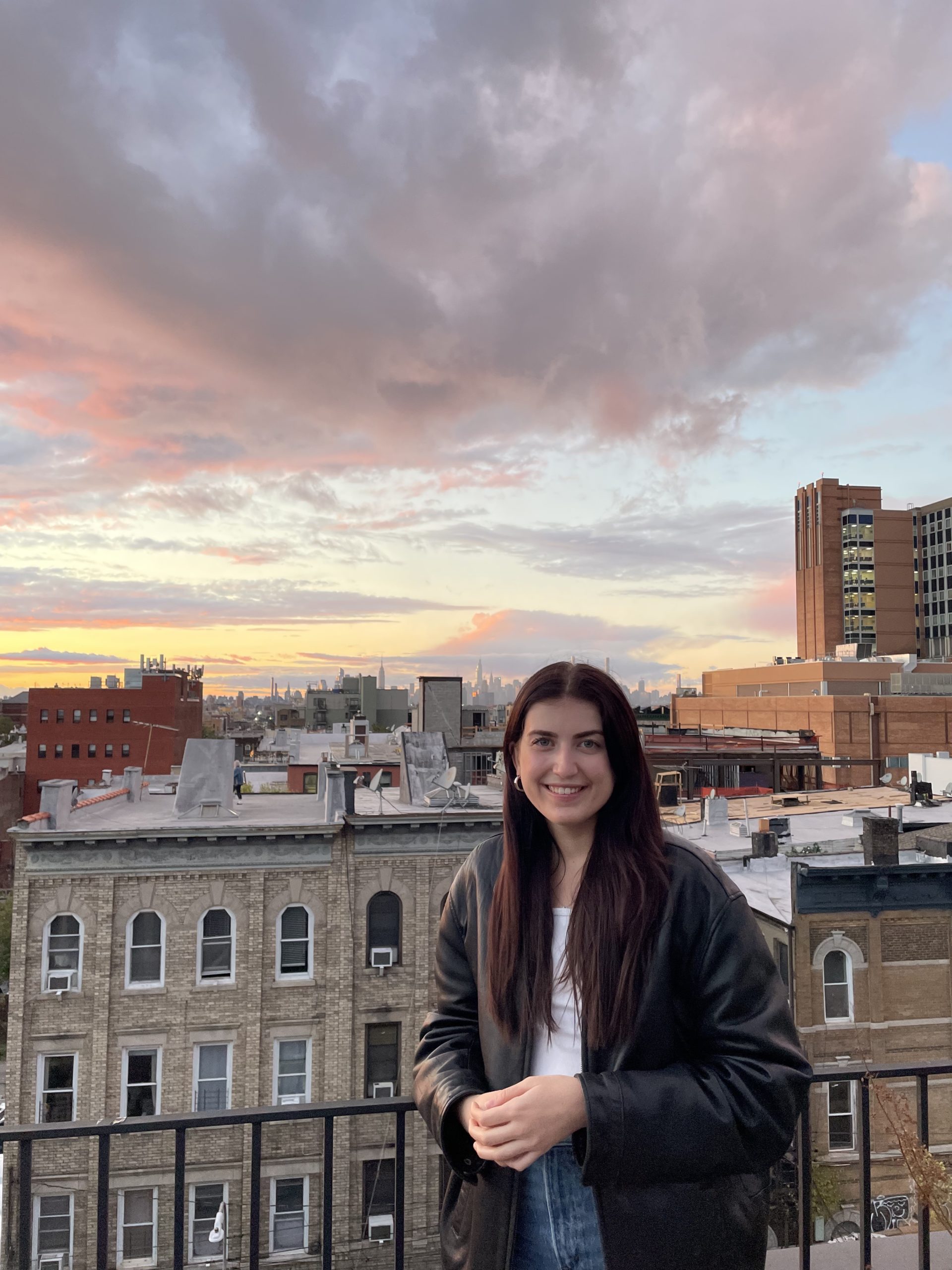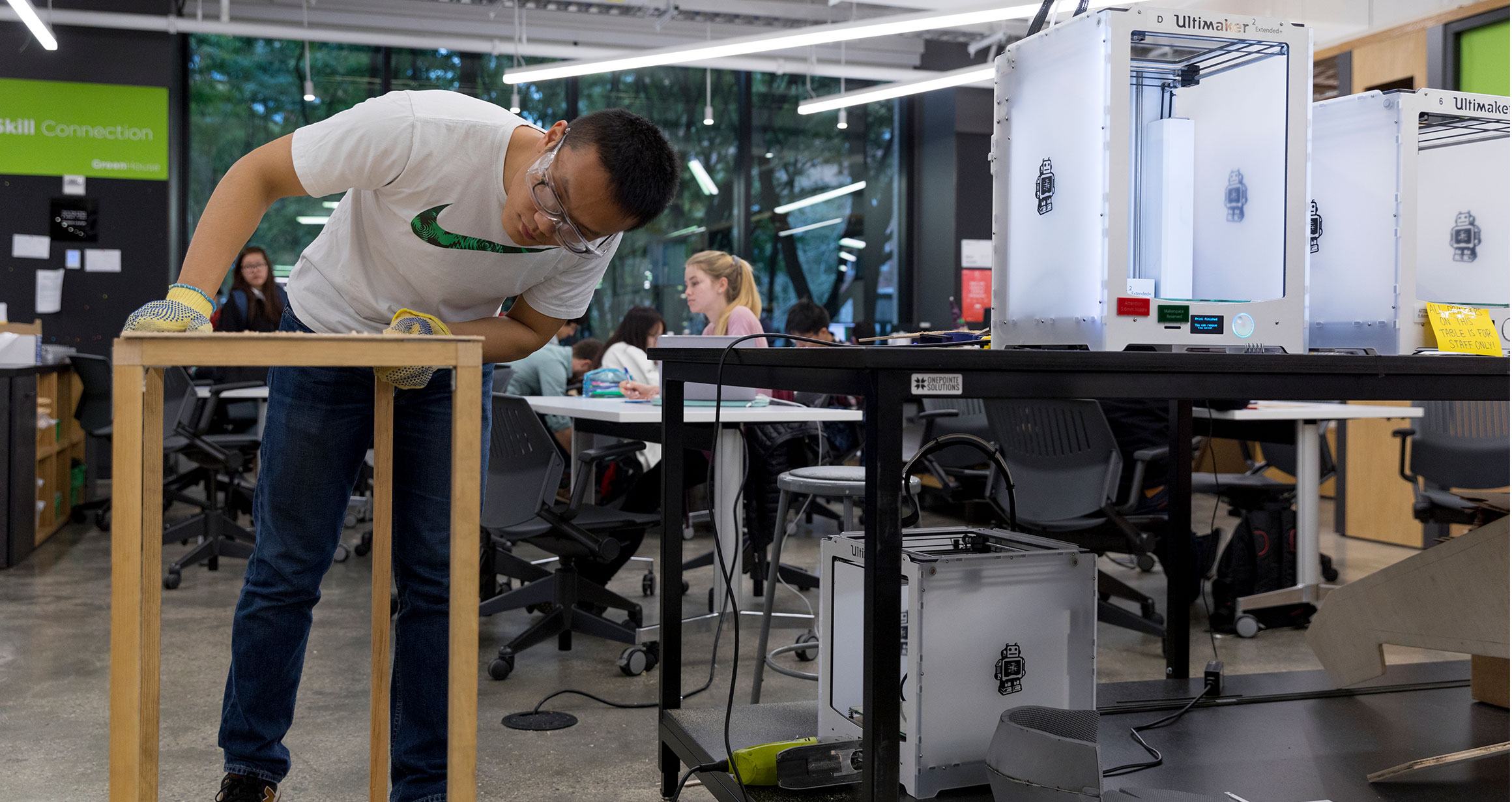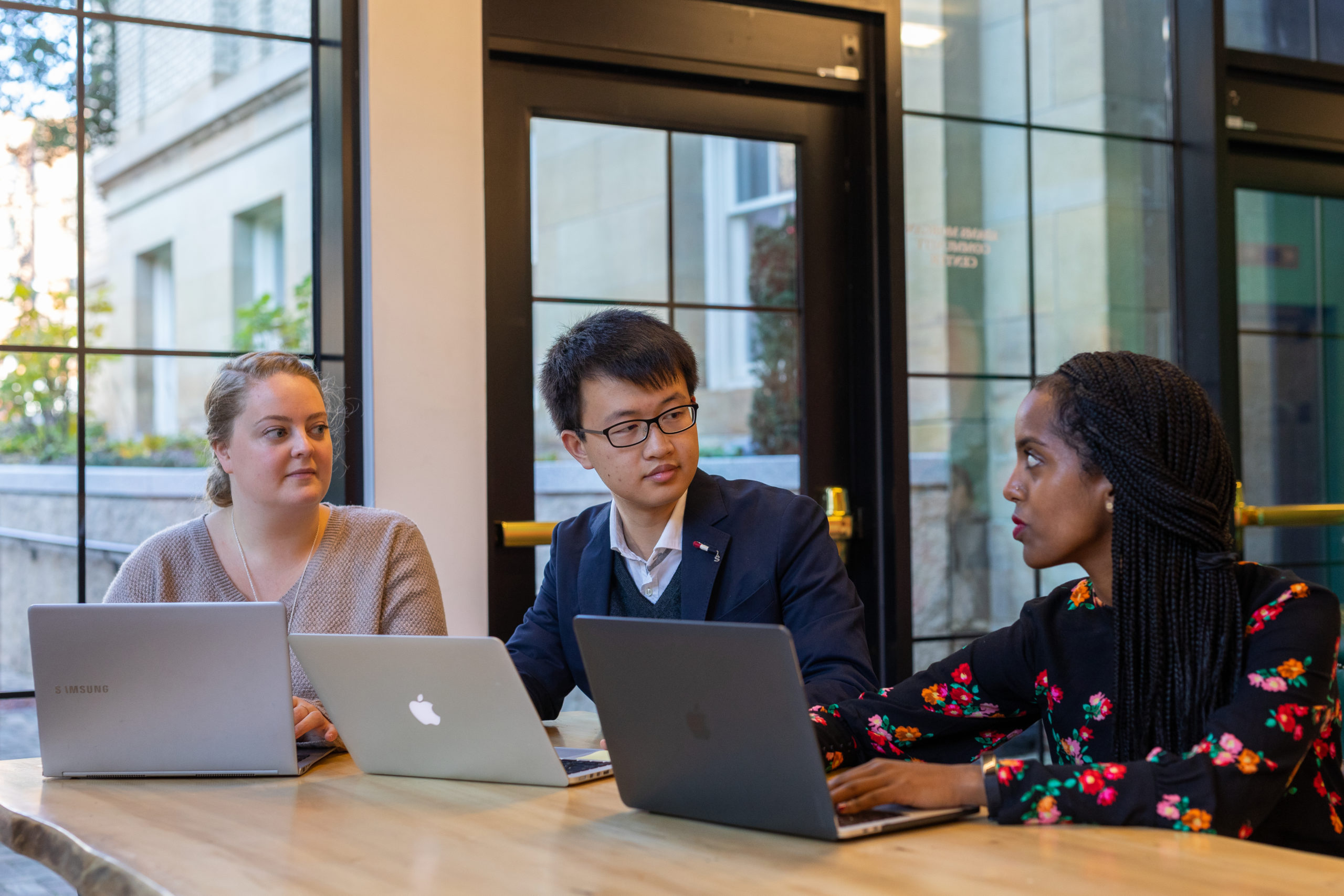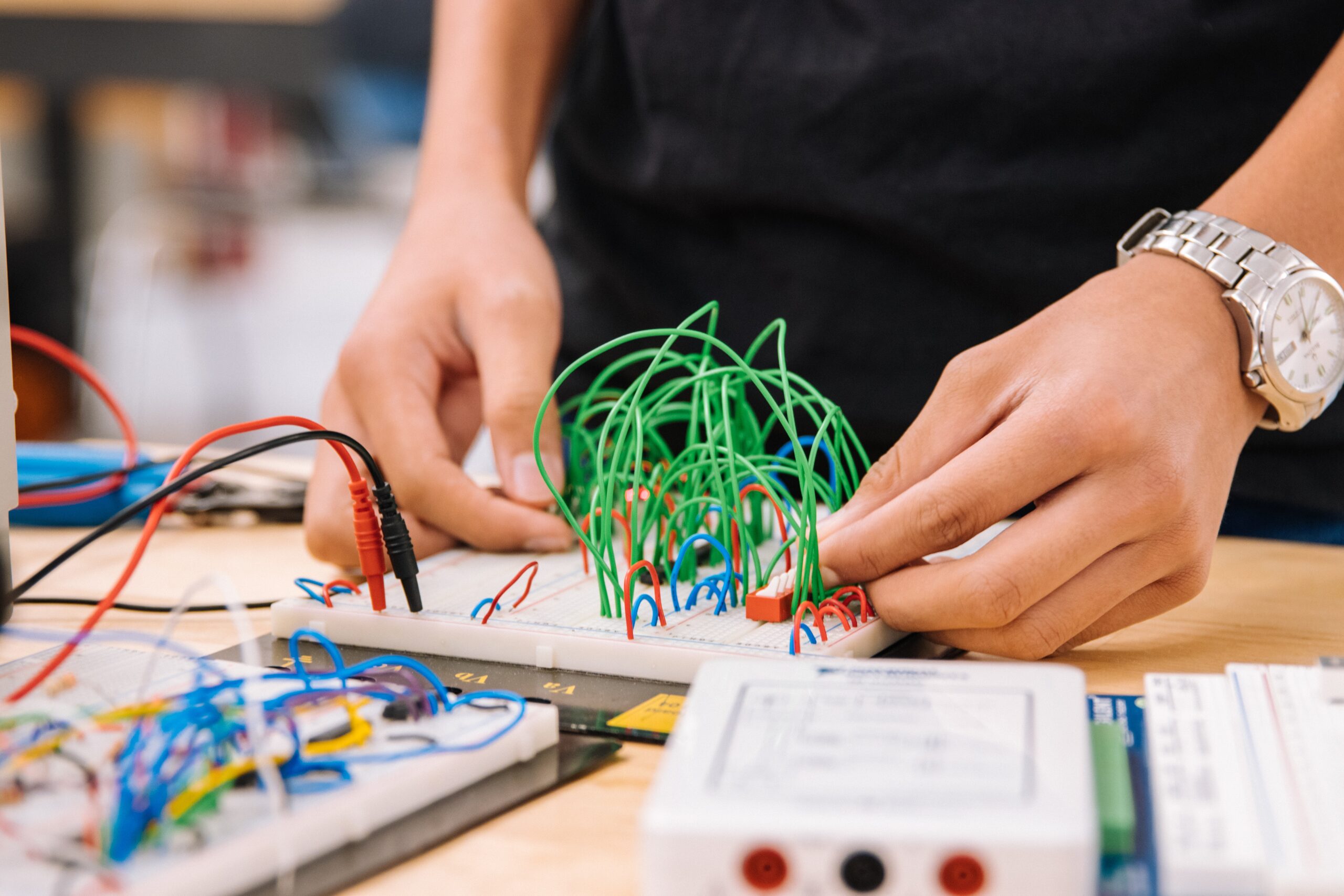Published January 18, 2024
Archaeological Research: An Intersection of Classics and Politics
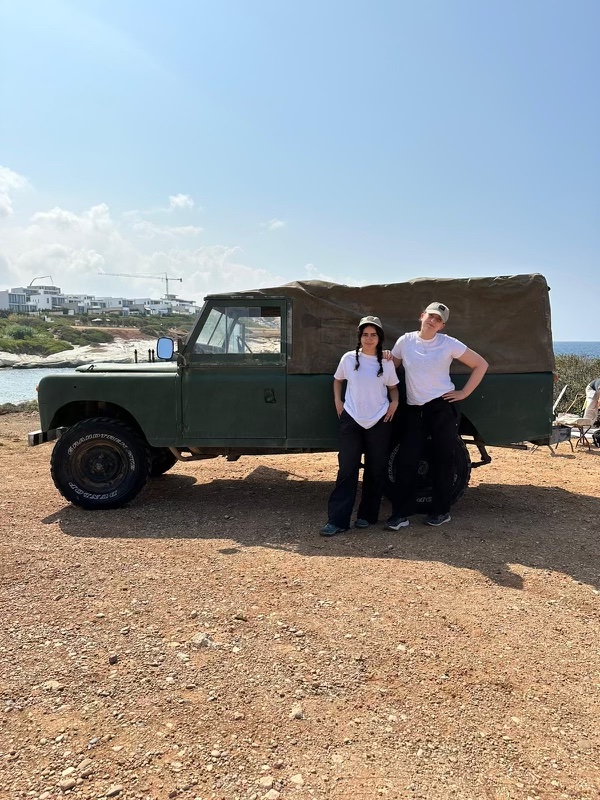
When I came to NYU, I never thought I would conduct research. I believed research was for the science, technology, engineering, and math fields. So, since I am an International Relations major, I didn’t think I would get involved in it. Flash forward three years, I am concluding an independent research study on the politics behind cultural heritage protection! My archaeological research serves as a unique way to incorporate my interests in international affairs, politics, law, and the classics.
My Research in Cyprus
This past summer, I spent a month in Cyprus working at an archaeological dig site. I attended the NYU Yeronisos Island Field School under the supervision of one of my classics professors. Through the field school, I worked on an active dig site in southern Cyprus. There, our team found, preserved, and recorded antiquities. During my time in Cyprus, I worked with scholars from different archaeological fields. This experience directly related to my research study of the Cesnola Collection at The Metropolitan Museum of Art. Academically, I am interested in the politics behind cultural heritage. In short, I study the political implications for the preservation and proper protection of antiquities in countries across the globe. As a prelaw student, I am also interested in cultural heritage law. This involves the legal regulations behind the exchange of antiquities.
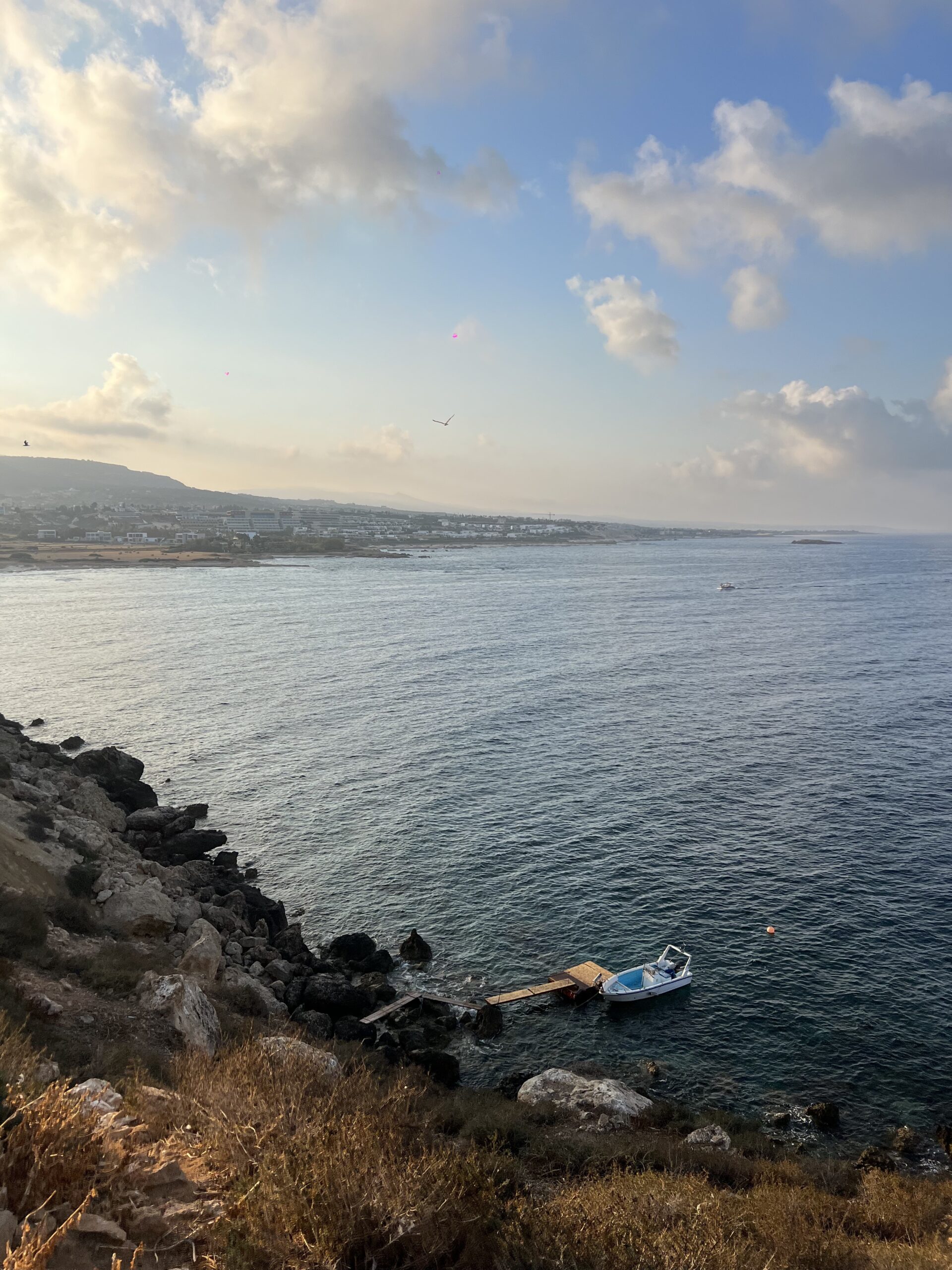
To fully understand cultural heritage and the protection of archaeological artifacts, I participated in an archaeological field school. I learned about proper archaeological techniques and how to preserve antiquities. To protect antiquities from illegal exchange or improper handling, it is important to learn the discovery and preservation processes.
Currently, I am researching the conservation and exchange of Cypriot antiquities over time. This archaeological fieldwork experience allowed me to conduct better analysis. I now understand how to properly handle antiquities. Therefore, I can better identify cultural heritage issues in the museum collections I study. By spending the summer in Cyprus, I also deepened my understanding of the land and culture. This knowledge is essential to my investigation of the various political and international perspectives involved in the exchange of cultural heritage.
Overall, this research is in a niche field that I never thought I would get involved in when I started my studies at NYU! A class I took on the Greek islands sparked my interest in cultural heritage. I expressed this interest to the professor. And they directed me to a career in international law. Specifically, cultural heritage law. So how does someone get involved in research like this? Talk to your professors! They are experts in various fields and can help you refine your research. One meeting during office hours changed my perspective and my academic plan.
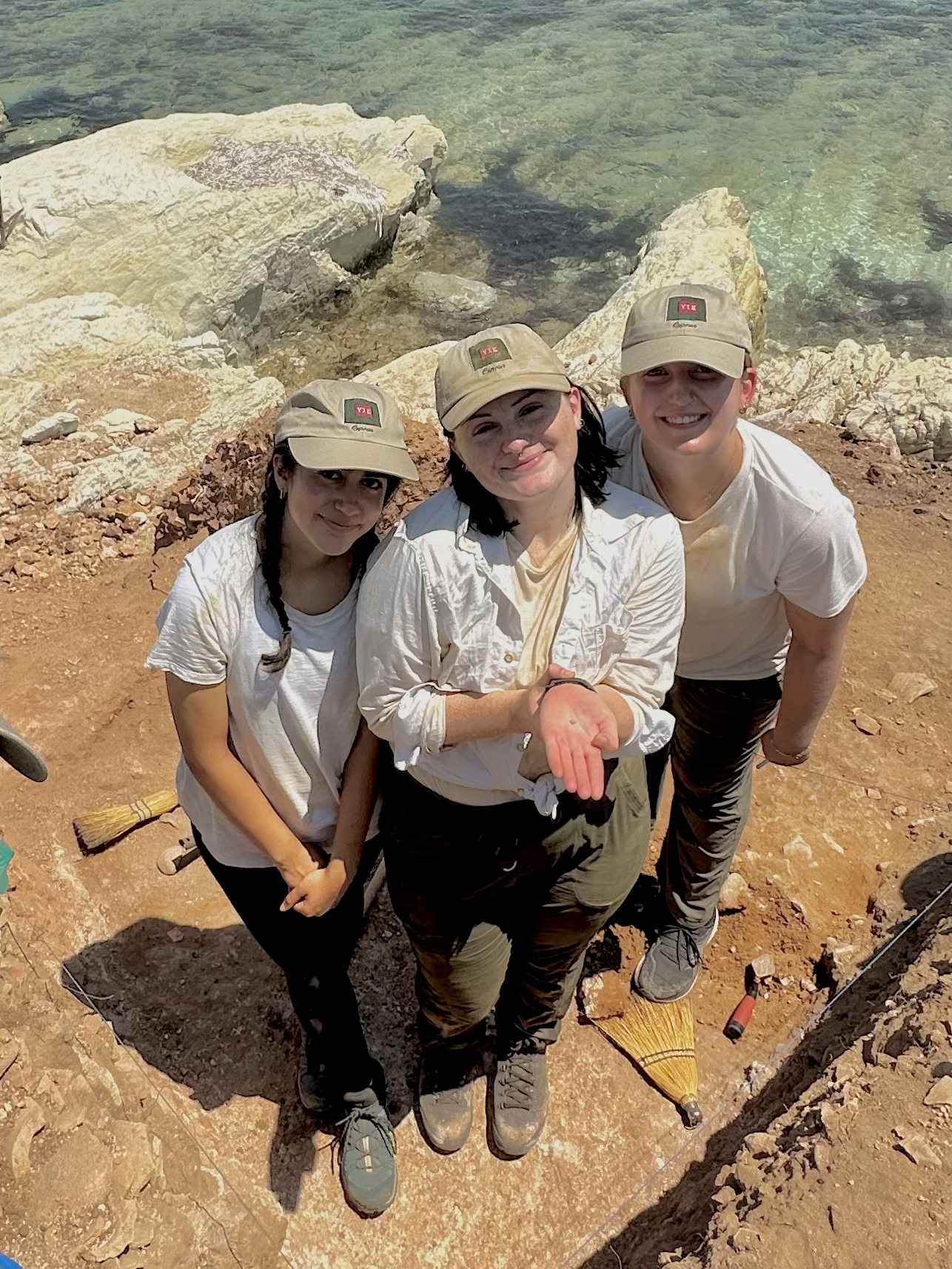
NYU Research Resources
To complete my research, I took advantage of some of the many resources at NYU. I received the Dean’s Undergraduate Research Fund. This award helped cover my costs at the field school. In addition, I applied for and received the NYU Antonia S. Ranieri International Scholars Fund grant. This award provides funding for students who study any aspect of the ancient world and wish to conduct research abroad. Both grants require you to have an established project plan, which I worked on with my professor.
First, we planned the research for my independent study. Then, we budgeted for the travel expenses to Cyprus. In my project proposal, I included my entire plan for eight months of research. In addition, I noted the anticipated costs of everything. Both NYU grants provided me with funding that supported my stay in Cyprus and allowed me to complete my research this semester!
My research has changed direction many times. But, over the course of the last six months, I have learned so much about what research is like for me and how I can apply my academic interests to research projects. NYU has many diverse resources and opportunities for students interested in research. The potential for research is endless, and I can’t recommend it enough!
